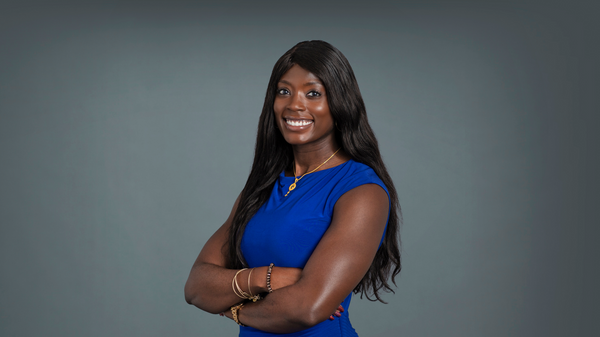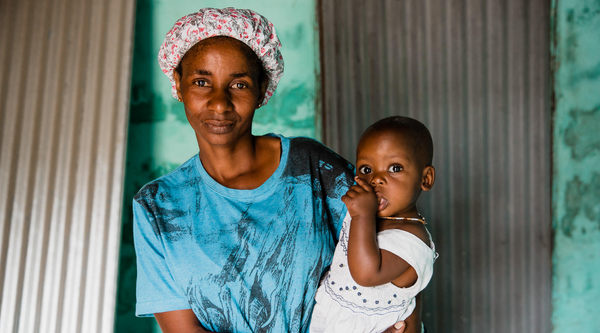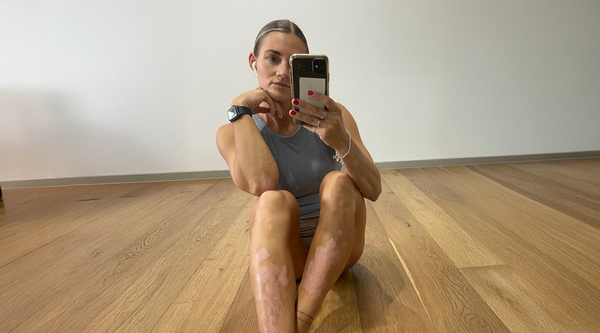Melanoma occurs when unrepaired DNA damage to skin cells, caused mainly by intense, occasional UV exposure, triggers mutations that lead the skin cells to multiply rapidly and form malignant tumours (Source: Skin Cancer Foundation). Melanoma is the most dangerous form of skin cancer (Source: SunSmart).
Melanoma in Australia:
- More than 12,500 new cases are diagnosed, each year in Australia.
- One Australian will die every six hours from melanoma (1,500 per year)
- Australia has the highest incidence of melanoma in the world.
Which age groups are most likely to be affected?
- In 20–34 year-olds, melanoma kills more often than any other single cancer.
- Melanoma is the most common cancer in Australians aged 15–39 years.
- It is estimated that 1 in 17 Australians (5.5%) will be diagnosed with melanoma during their lifetime.
- Younger people are now experiencing fewer melanomas than in previous generations, presumably because sun protection has greatly improved.
- Melanoma makes up only 2.3% of all skin cancers but is responsible for 75% of skin cancer deaths. (Source: Skin & Cancer Foundation Inc., Cancer Council)
If melanoma is detected early, it is almost always curable. Remember to check your skin every month and go to your Doctor immediately if you notice changes. Dermatologists and medical doctors recommend wearing SOLBARI UPF50+ sun protective clothing, UV resistant swimwear and sun hats for outdoor activities to help maintain a healthy and skin safe in the sun.
Contact us if you would like more information about our sun protective products. You can email us at info@solbari.com













